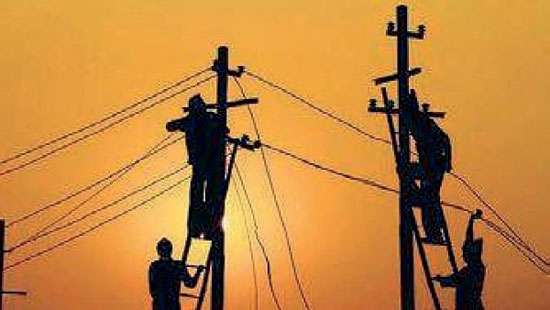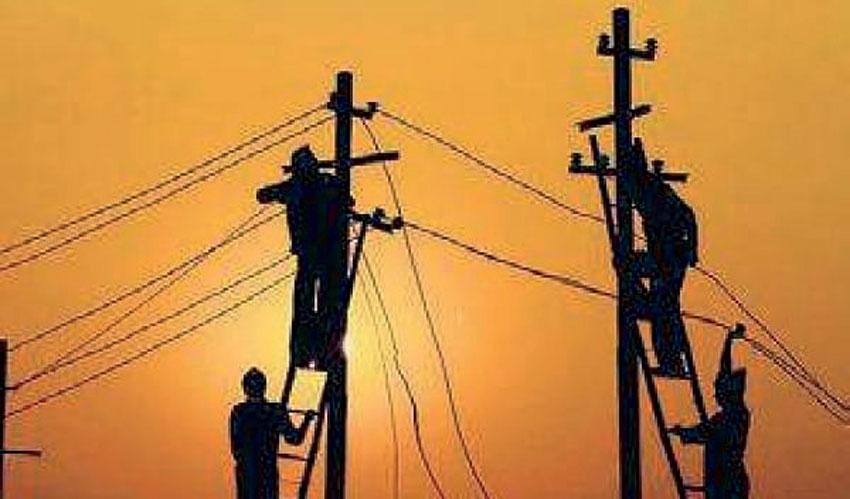Reply To:
Name - Reply Comment


By Shabiya Ali Ahlam
The move by Sri Lanka’s electricity regulator to approve another tariff hike sent shockwaves across the island nation yesterday, not sparing even the country’s largest gross export earner, the apparel sector.
Highly resilient apparel sector yesterday slammed the move, stressing that the massive hike in electricity tariffs will be detrimental for all sectors of the economy.
The Joint Apparel Association Forum (JAAF) said its members are extremely concerned about the impact of the electricity tariff hike on the export sector and other electricity consumers.
It noted that the tariff proposed by the Ceylon Electricity Board (CEB) is based on an overestimation of demand, which in turn leads to unnecessarily high tariffs being imposed on the consumer.
“Sri Lanka needs to have a tariff that is justified and competitive vis-a-vis our key competitors,” JAAF Secretary General Yohan Lawrence said.
“The revised tariff announcements have disregarded the concerns raised and have increased electricity costs to over US$ 0. 12 per kWh, which is one of the highest among all our key competitors, in a period in which the industry is fighting to retain market share in weak global market conditions,” he added.
During a consultation held with the regulator last week, JAAF had proposed power wheeling and permitting companies to move from Net Plus to Net Metering as two measures that could be implemented to offset the impact of the tariff increase.
“We call on the authorities to allow for these reforms as a matter of urgency. Sri Lanka urgently needs to scale up its renewable energy generation as this will reduce the cost of power to the consumer,” Lawrence said.
As the apparel sector, along with other industries in the country, has already seen a doubling of energy costs in the last year, yesterday’s tariff hike will have a major impact on competitiveness, he cautioned. The Power and Energy Minister yesterday announced that the electricity tariffs would be increased by 66 percent with immediate effect following approval from the Public Utilities Commission.
It also said uninterrupted power supply would be provided for the whole country following the tariff hike. This was the second electricity tariff hike just in a period of six months as the government raised them at an average of 75 percent in August, last year. According to many, the second tariff hike will be unbearable to the average consumer, making electricity a luxury that is becoming increasingly difficult to afford.